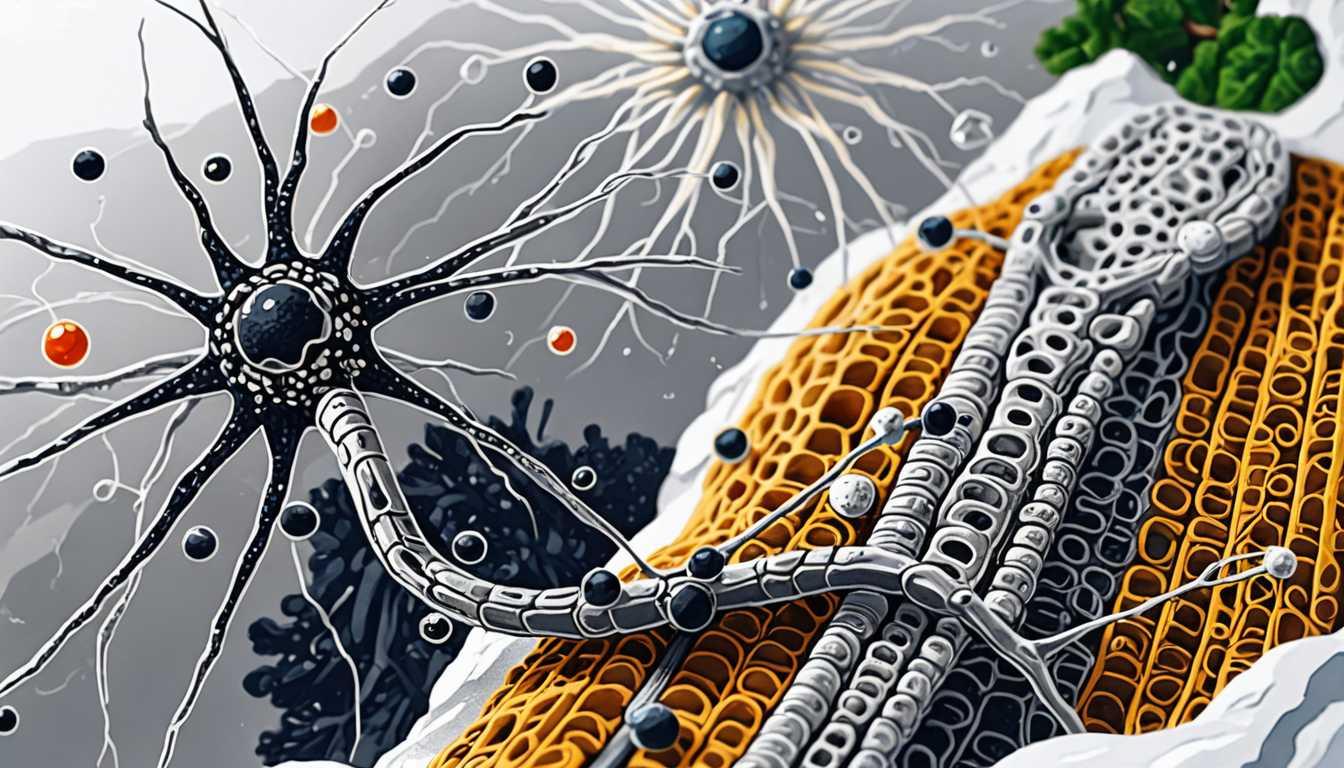Choosing DNA: A New Frontier
April 2023
MIT Technology Review
Introduction
Dive into the fascinating world of genetic testing with America's first IVF baby, Elizabeth Carr, now at the forefront of a startup aiming to let parents choose their future child's DNA. This MIT Technology Review article explores the controversial yet groundbreaking possibility of predicting and selecting for lower disease risks in embryos. With humor, history, and a hint of sci-fi, discover how Carr's unique journey from headline-making baby to health journalist and IVF advocate shapes this cutting-edge genetic frontier.
READ FULL ARTICLEWhy It Matters
Discover how this topic shapes your world and future
Choosing the Future - The Science of IVF and Genetic Testing
Imagine a world where parents can peek into the genetic futures of their potential children, selecting embryos that are less likely to develop certain diseases. This isn't a scene from a sci-fi movie but a reality unfolding today, thanks to advancements in IVF (In Vitro Fertilization) and genetic testing. This topic is fascinating because it sits at the crossroads of technology, ethics, and personal choice. It raises crucial questions about the role of science in our lives and how we navigate the fine line between innovation and ethical considerations. For you, as a student, this is a chance to explore cutting-edge science that could shape the future of how humans reproduce, and to reflect on the implications such technologies have on society and personal morality.
Speak like a Scholar
In vitro fertilization (IVF)
A medical procedure where an egg is fertilized by sperm outside the body, in a lab.
Genetic testing
A type of medical test that identifies changes in chromosomes, genes, or proteins to predict the risk of diseases.
Polygenic score
A number derived from testing multiple genetic variations, predicting the likelihood of certain traits or diseases.
Embryo
An early stage of development for living beings, in humans, this is from fertilization until about eight weeks.
Eugenics
The practice or advocacy of improving the genetic quality of the human population, often associated with controversial or unethical policies.
Controversy
A prolonged public dispute, debate, or contention over a matter of opinion or concern.
Independent Research Ideas
The evolution of reproductive technologies
Investigate how reproductive technologies have evolved from the first IVF baby to current genetic testing, focusing on the scientific breakthroughs and societal reactions over the decades.
Ethics in genetic selection
Explore the ethical considerations of selecting embryos based on genetic testing. This could include the perspectives of different cultures, religions, and ethical theories on what is right or wrong in genetic selection.
The psychology of choice in IVF
Dive into the psychological impact on parents making decisions based on genetic testing results. How does knowing the potential genetic futures of their children affect their choices and mental health?
Future predictions and science fiction
Analyze how current advances in IVF and genetic testing compare to past predictions in science fiction. This could be a fun way to see how science fiction has influenced scientific research and vice versa.
The role of government and policy in genetic testing
Investigate how different countries regulate genetic testing and IVF, the implications for personal freedom versus societal good, and how these policies might evolve with advancing technology.
Related Articles

Unlocking Secrets: Aging, Scans, and Diseases
May 2023
BBC

Smile Restored: A Medical Marvel
October 2023
Harvard University

Personalized Cancer Vaccines: Coming Soon!
April 2024
Harvard University

Decoding ALS: MIT's Groundbreaking Study
May 2024
Massachusetts Institute of Technology (MIT)

Tailoring Treatments: The Future of Mental Health
June 2024
MIT Technology Review